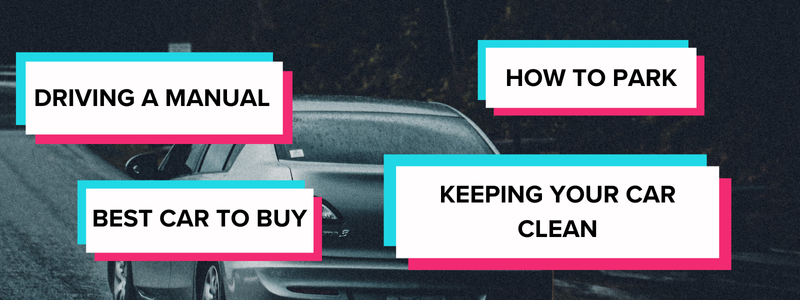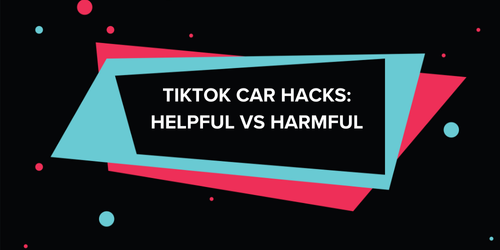TikTok has become a go-to platform for quick tips and tricks, especially when it comes to car maintenance and repairs. With over 876 million videos under the #CarTok hashtag, it’s clear that car enthusiasts and everyday drivers alike are turning to the app for advice. In Ireland alone, TikTok boasts over 2 million monthly users, making it a significant source of information for many.
But how reliable are these viral car hacks? Let’s delve into the world of TikTok car advice and separate the helpful from the harmful.
When TikTok Tips Turn Troublesome
The Bright Side: Helpful TikTok Car Tips
Before You Try That “Genius” Car Hack, Watch For These Red Flags
The Allure of #CarTok
The #CarTok community offers a plethora of content: from DIY maintenance tutorials and cleaning hacks to driving tips and insurance advice. The platform’s short-form videos make complex tasks seem simple and accessible.
However, not all that glitters is gold. A study by Auto Trader revealed that 59% of car-related TikTok videos provide advice that could potentially cause long-term damage to vehicles.

When TikTok Tips Turn Troublesome
Some popular TikTok car hacks have been debunked by experts:
- Toothpaste for Headlight Restoration: While it might offer a temporary shine, toothpaste can be abrasive and damage the protective coating on headlights.
- Using Household Items for Cleaning: Videos suggesting the use of items like dish soap for car interiors can lead to residue buildup or damage to materials.
- Repairing Scratches: A viral TikTok hack claims that coconut oil can fix even deep scratches — but in reality, it doesn’t work.
- DIY Repairs Without Proper Knowledge: Attempting complex repairs, like brake fixes or engine modifications, without proper training can be dangerous.
Auto Trader’s research found that 81% of car cleaning videos and 90% of repair videos on TikTok were not recommended for the average driver.

The Bright Side: Helpful TikTok Car Tips
It’s not all bad news. Many TikTok creators, especially professionals, offer valuable advice:
- Routine Maintenance Reminders: Tips on checking oil levels, tire pressure, and brake pads can help drivers stay on top of their vehicle’s health.
- Driving Techniques: Videos demonstrating safe driving practices, like proper merging or parking techniques, are beneficial, especially for new drivers.
According to Auto Trader, 72% of maintenance videos and 68% of driving tips on TikTok were found to be helpful.

Before You Try That “Genius” Car Hack, Watch for These Red Flags:
- 🚩 Too Good to Be True
If a hack promises miracle results with everyday items (like toothpaste or coconut oil), it’s likely unreliable — or even damaging. - 🚩 No Expert Credentials
Check the creator’s bio. Are they qualified mechanics, engineers, or affiliated with a reputable automotive company? If not, be cautious. - 🚩 No Proper Tools or Safety Gear
If someone is “fixing” major car components with kitchen tools and no gloves, goggles, or proper setup, skip it. - 🚩 Overly Dramatic Claims
“Save €1,000 in 5 minutes!” or “The car companies don’t want you to know this!” — classic signs of misleading advice. - 🚩 No Before-and-After Proof
A genuine tip usually shows clear, verifiable results. If the video cuts straight to “after” or uses flashy filters, it might be hiding poor outcomes. - 🚩 Encouragement to Skip Professional Help
Good advice often includes a reminder to consult a mechanic when necessary. Be wary of hacks that suggest you can do complex repairs yourself with no training. - 🚩 One-Size-Fits-All Solutions
Cars vary massively by make, model, and year. Hacks that claim to work for “every car ever made” are usually oversimplified or risky.
TikTok offers a wealth of car-related content, but it’s essential to approach it with a discerning eye. While some tips can be genuinely helpful, others might lead to costly repairs or safety hazards. Always prioritise your vehicle’s well-being by consulting professionals and trusted sources.
Stay informed, drive safely, and remember not every viral hack is worth the risk.
